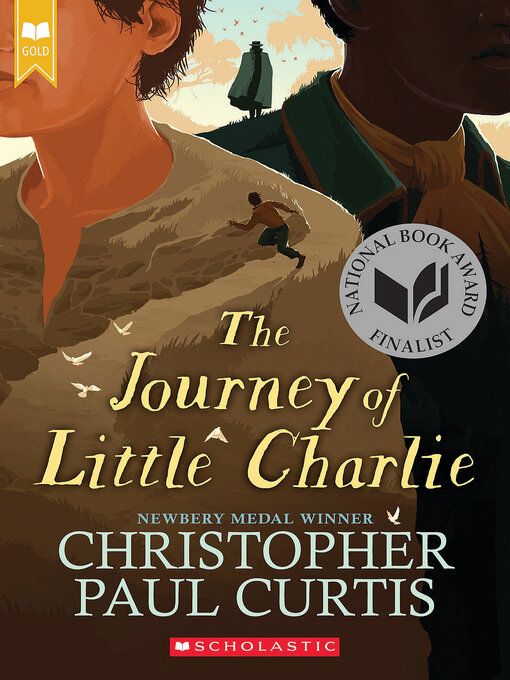- Available now
- New eBook additions
- New kids additions
- New teen additions
- Most popular
- Spanish Titles for Young Readers
- Try something different
- Explore All-Access Romance!
- Get Started With All-Access Comics!
- See all ebooks collections
- Available now
- New Audiobook Additions
- New kids additions
- New teen additions
- Most popular
- Try something different
- See all audiobooks collections




